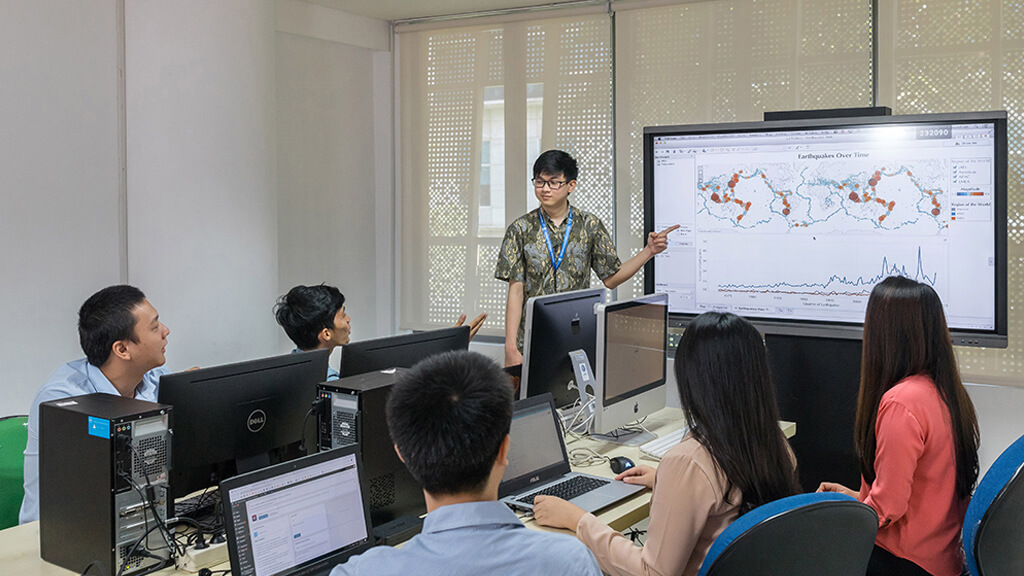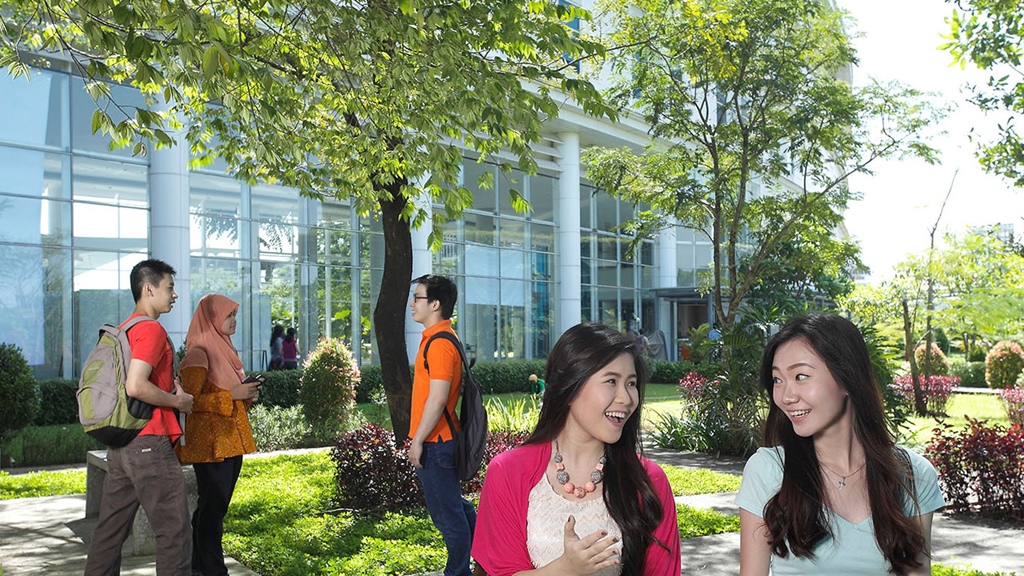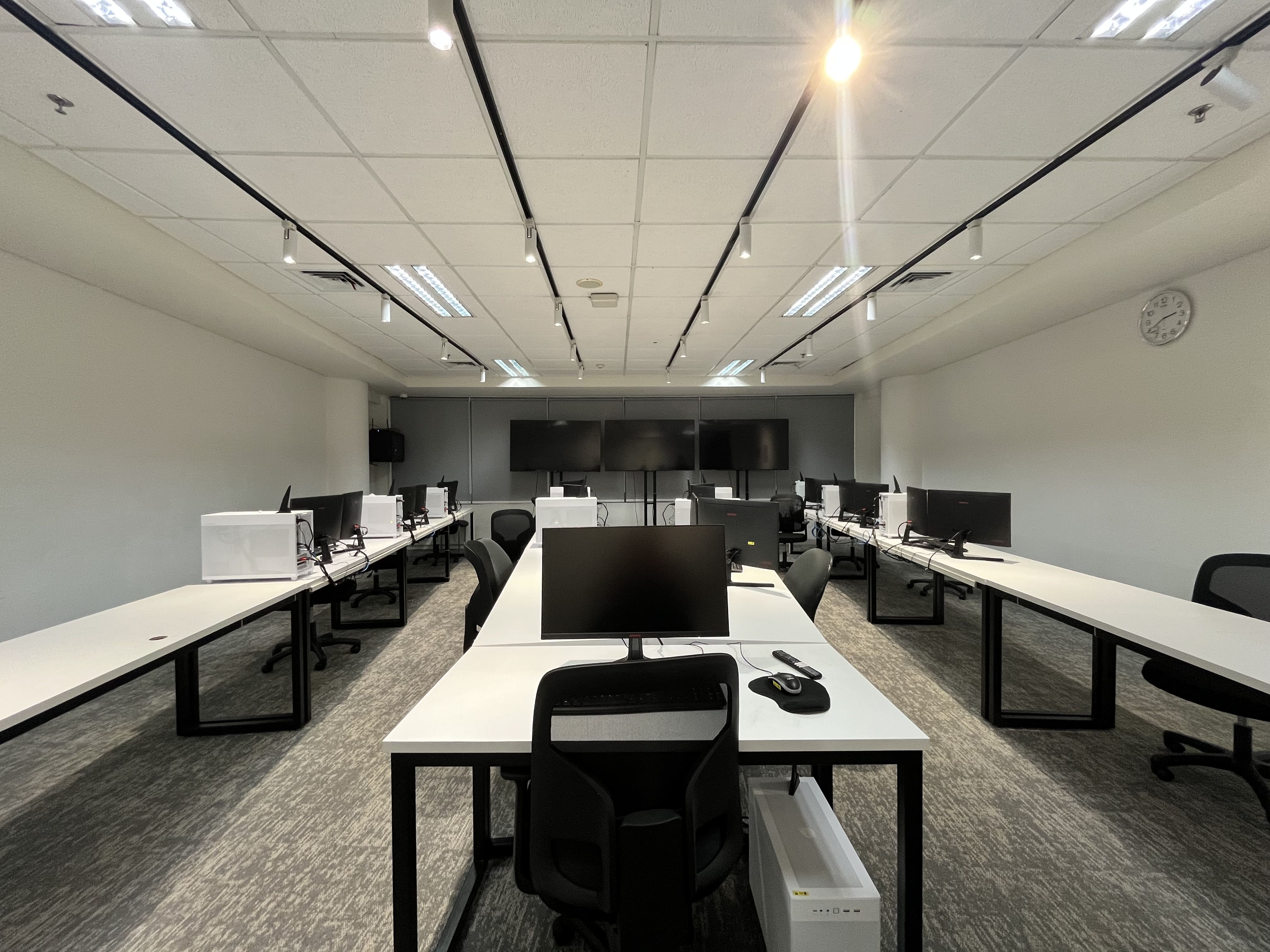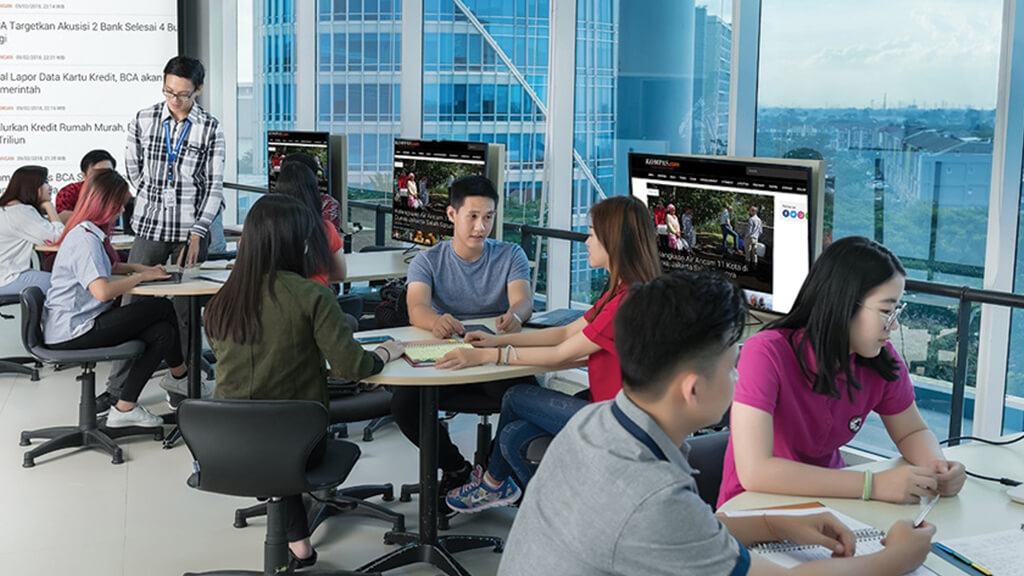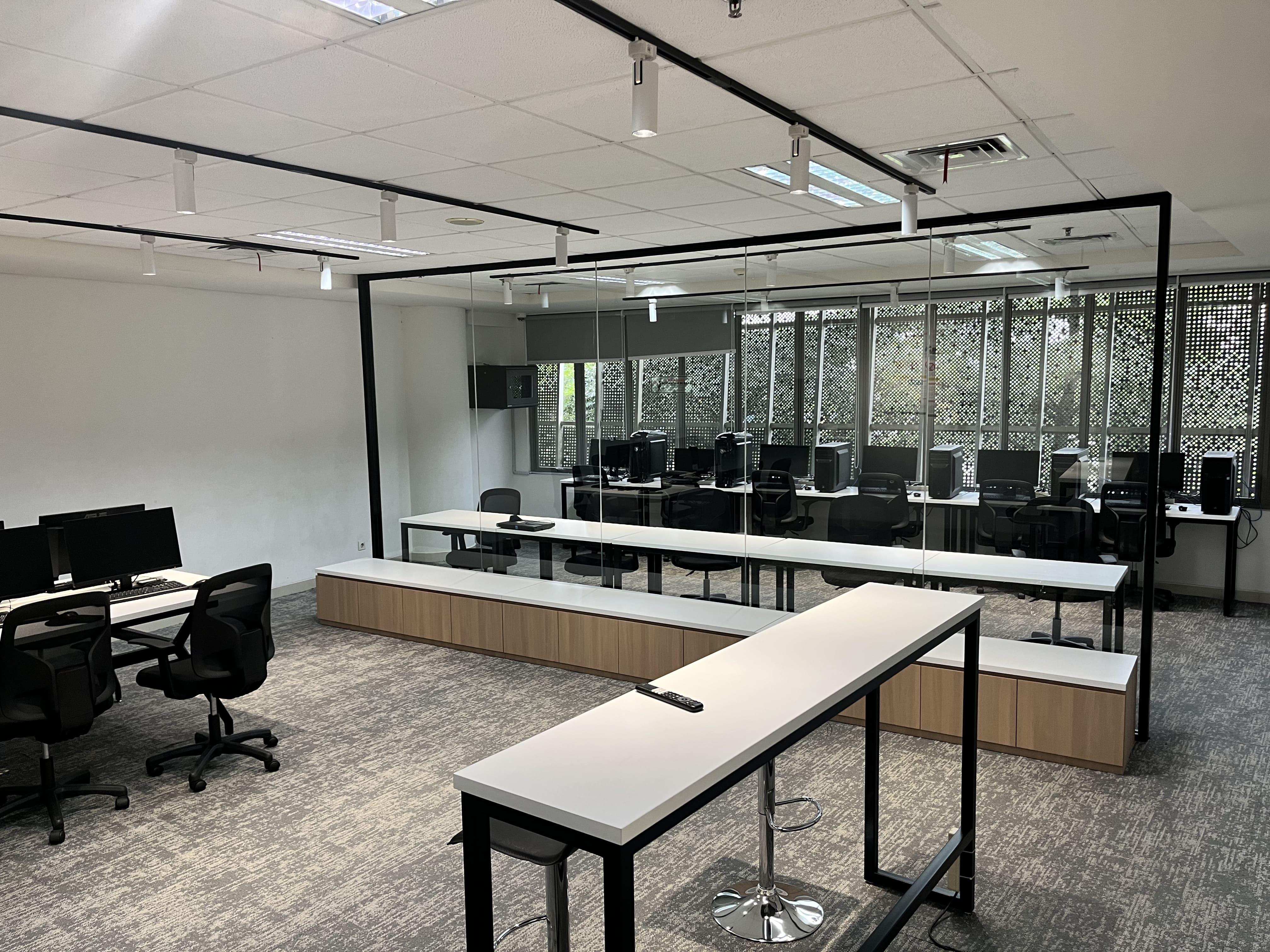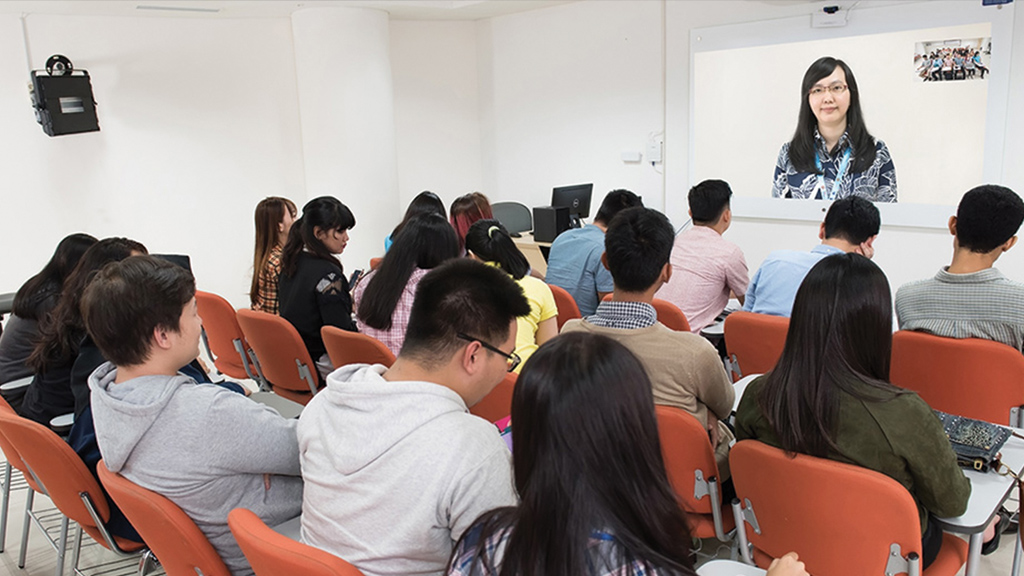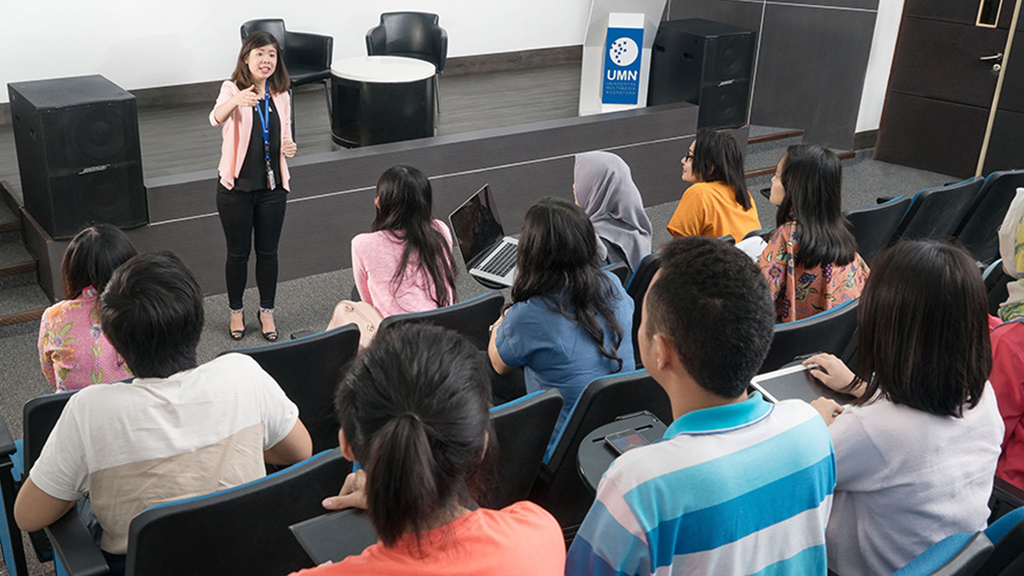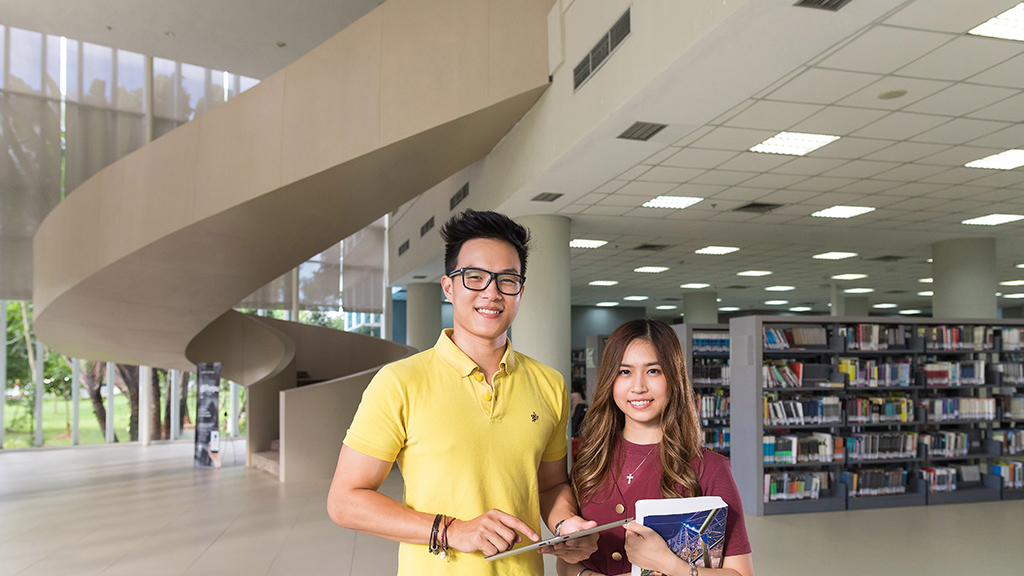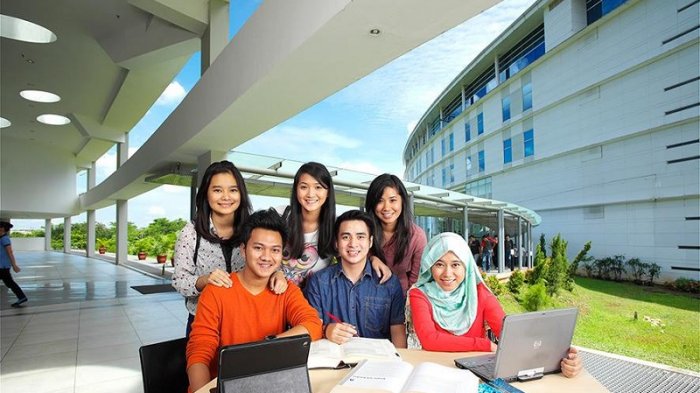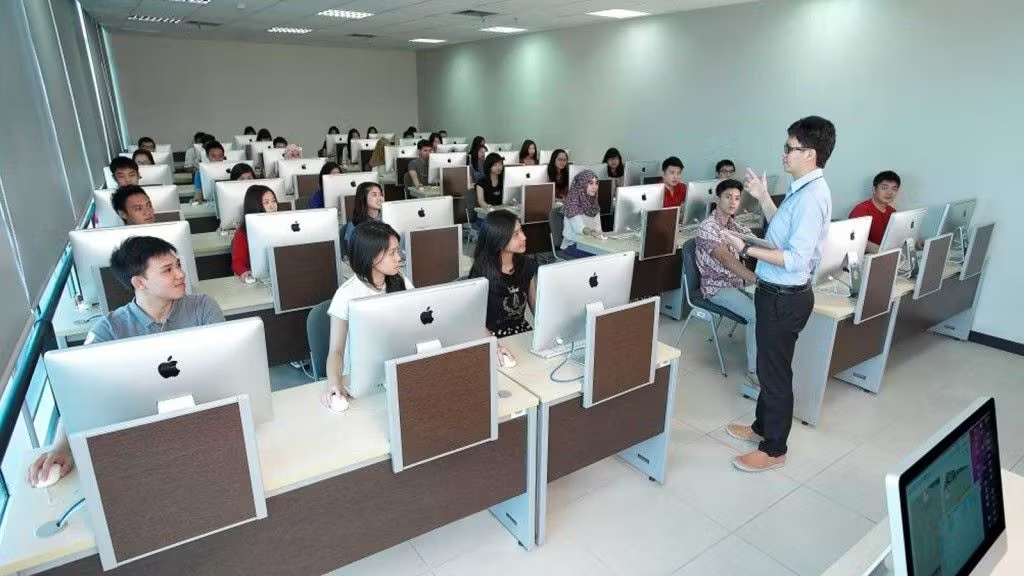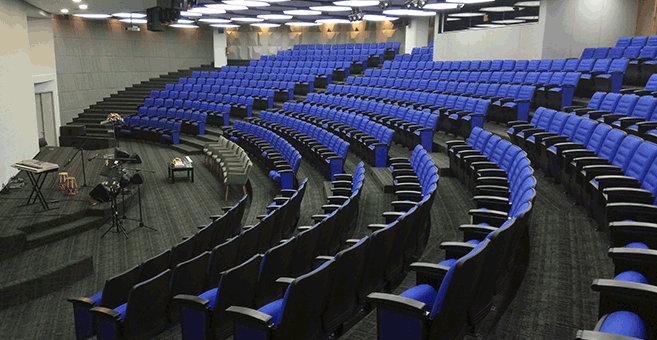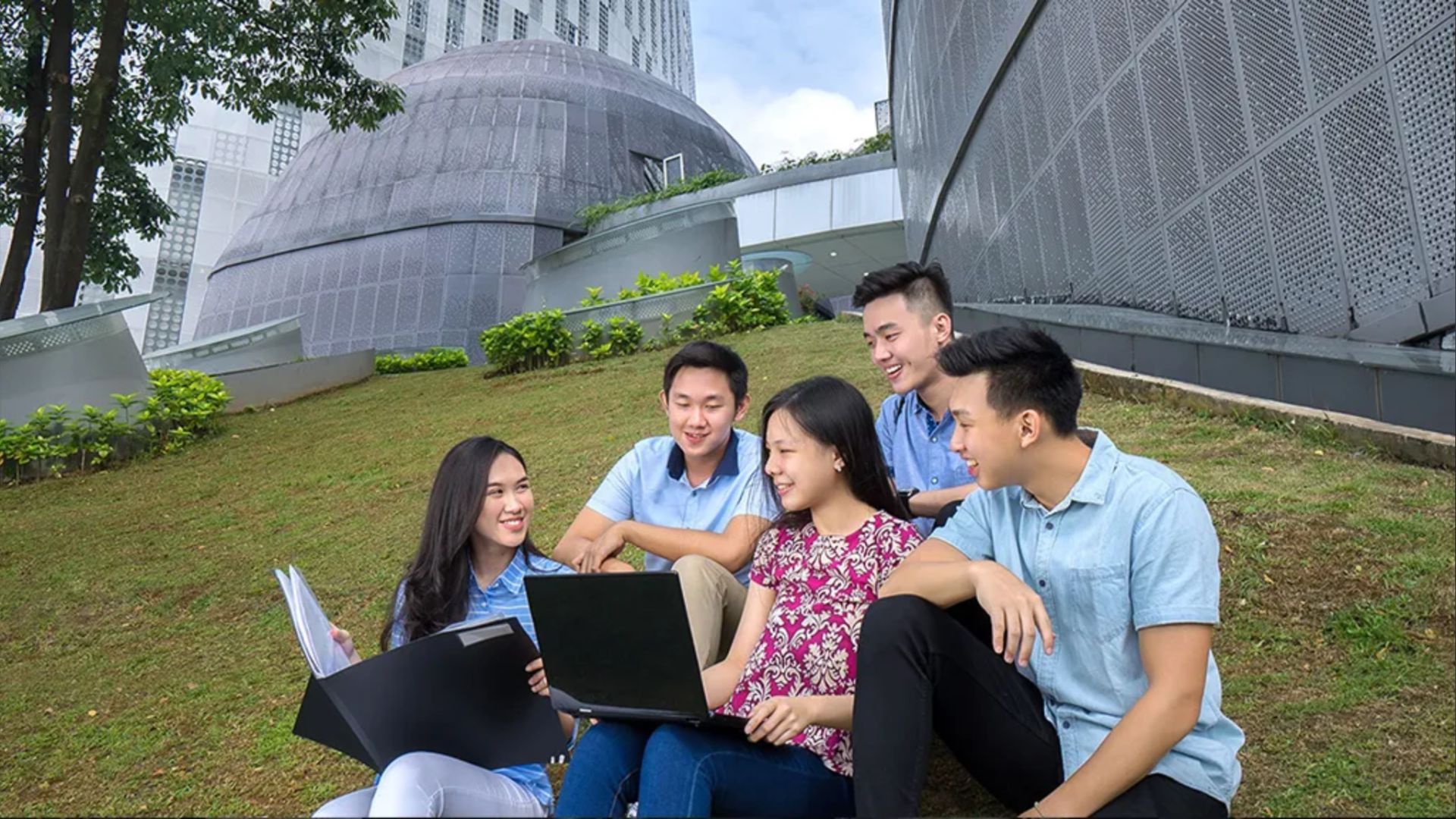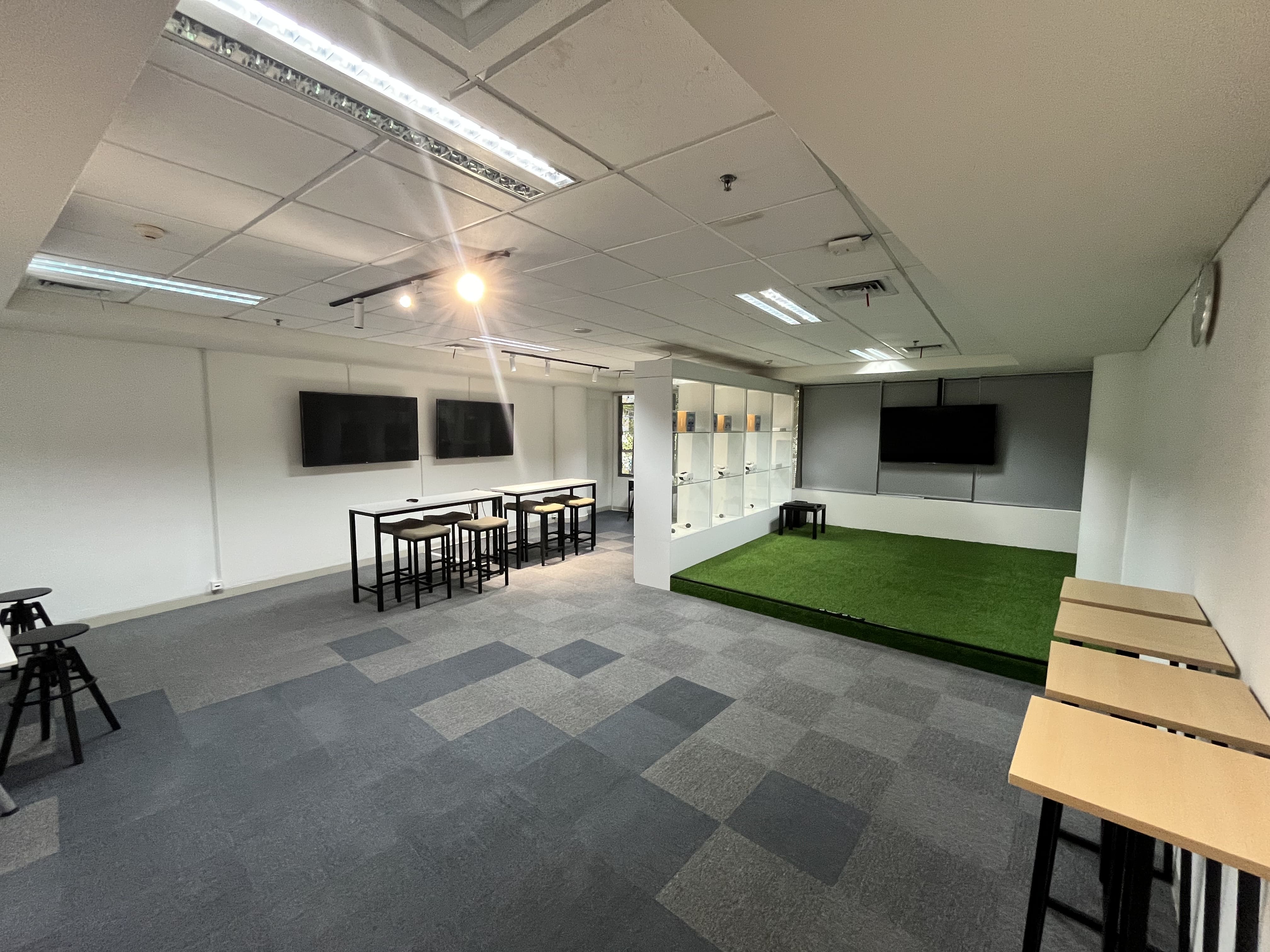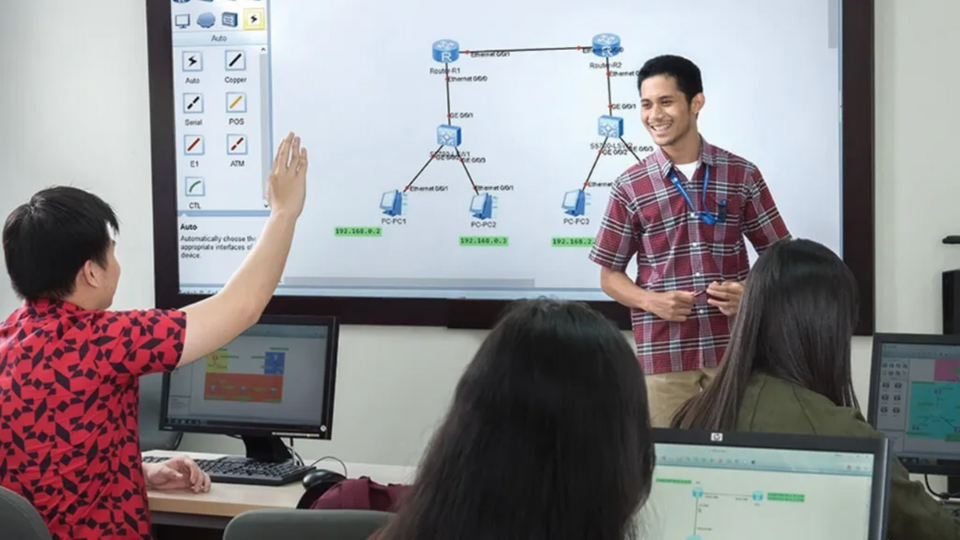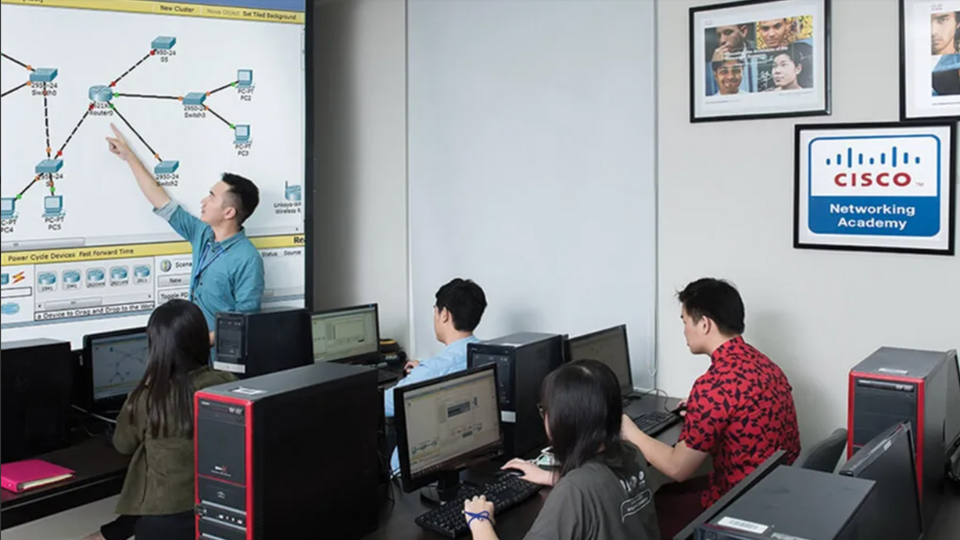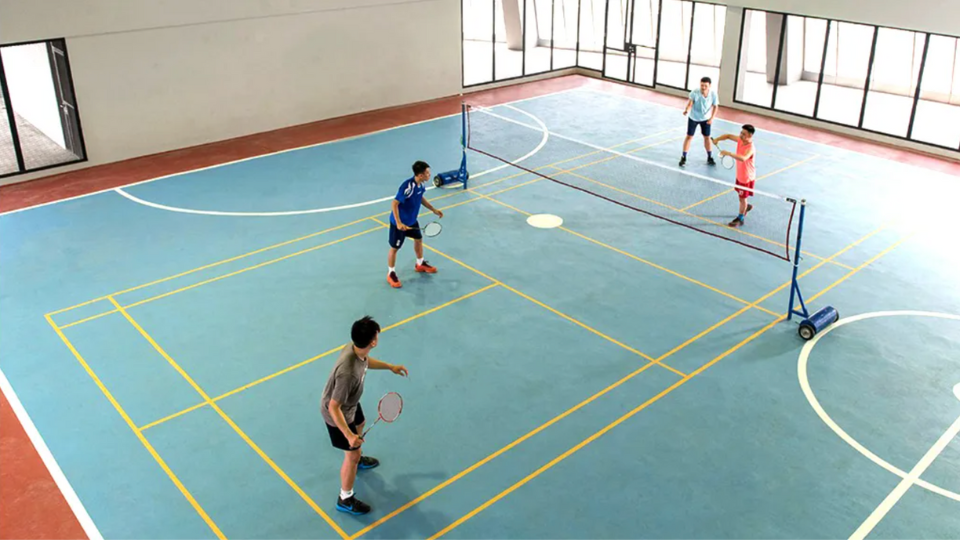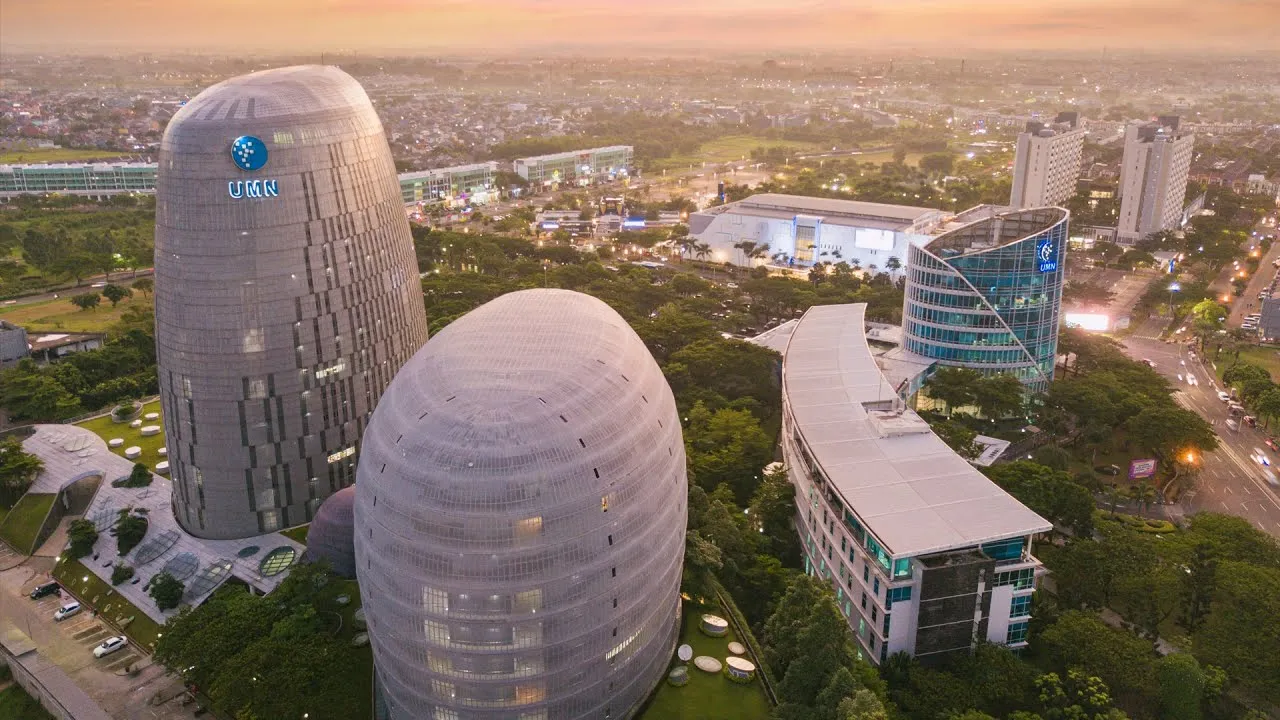
Facilities
Lab Big Data
The Big Data Lab is a specialized laboratory dedicated to supporting research activities for lecturers, students, and workshops. Equipped with...
Wi-Fi Access with Green Environment
UMN’s Wi-Fi has a free flow system where UMN students are not charged with cellular data when accessing the internet....
Cyber Security Lab
The Cyber Security Laboratory is equipped with various hardware and software designed to support learning and research in the field...
Collaborative Lab
A laboratory equipped with technological tools that can help students hold discussions and design concepts. Here, UMN obligates students to...
Artificial Intelligence Lab
The Artificial Intelligence Laboratory is equipped with various hardware and software designed to support AI model creation, learning, and research...
E-learning Class
UMN developed two advanced online learning methods (e-learning) which are virtually synchronous and asynchronous. In the synchronous method, lecturers and...
Lecture Hall New Media Tower
This modern theater hall has a capacity of up to 200 people. This room is often used for seminars, workshops,...
Library
With the extent of modern interior designs, tens of thousands of local and international reading assortments can be found at...
Academic Tutors
Information Technology students frequently organize tutorials to support student learning, particularly for courses that are considered challenging, such as practical...
General Computer Laboratory
The General Computer Laboratory supports hands-on teaching and learning activities, which are divided into practical courses and additional activities. Practical...
Lecture Theater New Digital Media Tower
New Media Tower Lecture Theatre. This modern theater space has a capacity of up to 500 people.
My UMN Account
Every student has a personal account to log in to MYUMN, where various comprehensive information needed by the students is...
Digital Interaction Lab
The Digital Interaction Lab is the result of the development of the Game Development and Software Engineering Labs that previously...
Lab Network Management
Using official Huawei devices, this laboratory is utilized by students to study network infrastructure management. Additionally, being the only active...
Certification Test Room
UMN also facilitates its students to obtain certifications before graduating. On an international scale, UMN becomes the first Authorized Test...
Applied Network Computer lab
In this laboratory, students can learn about routing and switching in computer networks, ranging from small-scale (LAN) to medium-scale (ISP)...
Sport Hall
UMN students can enjoy indoor sports facilities located on the 23rd floor of PK Ojong-Jakob Oetama Building. The Sport Hall...
